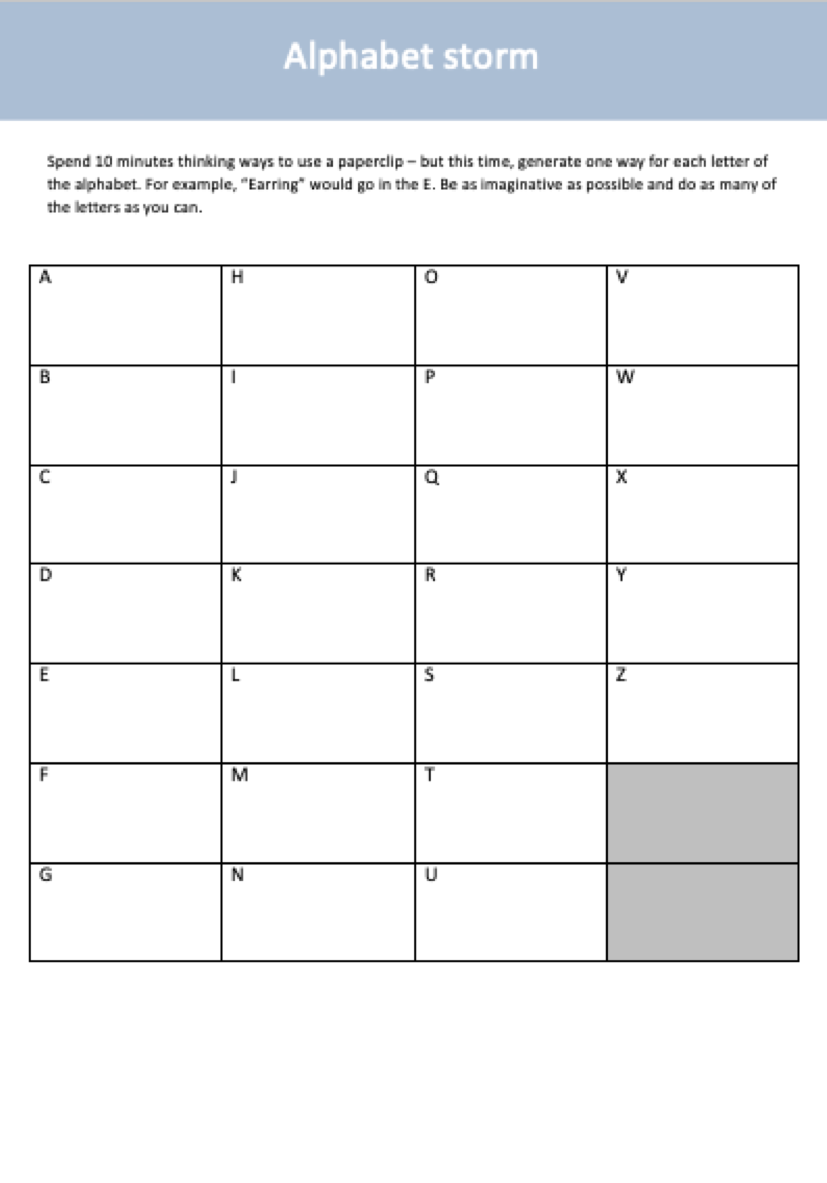Contact one of the team to discuss your training goals:
Email - contact@adrianclose.com
free brain training games
Our free brain training games helps to develop both convergent thinking and divergent thinking. Feel free to download them for free. You'll also find a free DISC and emotional intelligence (EI or EQ) quiz
|
Free DISC psychometric test  |
Free brain training games 1 This DISC psychometric tool measures how a person prefers to interact and communicate with others. DISC creates a self-awareness to better understand ourselves and the people we come into contact with at work and the wider society. The DISC questionnaire takes around 15 minutes to complete and needs to be done as honestly as possible. The DISC model divides people into four main behavioural styles which is easier for team members to understand rather than the 16 Myers Briggs report. You will be identified as either People-oriented or Task-oriented and then assertive or passive. The behavioural categories are:
|
|
Free Emotional Intelligence (EI) test  |
Free brain training games 2 Emotional Intelligence – EQ or EI is a term created by two researchers – Peter Salavoy and John Mayer – and popularised by Dan Goleman, in his 1996 book of the same name, which will help you and your team to discover how to develop leadership qualities It’s fair to define EI or EQ as the ability to:
In practical terms, this means being aware that emotions can drive our behaviour and impact people (positively and negatively) and learning how to manage those emotions – both our own and others – especially when we are under pressure. |
Free Brain Training Games
The answers are at the bottom of the page
There are two different types of creative thinking involved with problem solving: Divergent thinking and convergent thinking.
Divergent thinking - Involves using lateral thinking strategies to create choices, generate ideas, or come up with lots of solutions or options. Brainstorming and mind mapping are good examples of divergent thinking.
Convergent Thinking - By contrast, is about finding a single solution, or forming associations and seeing links between concepts. Ideas that come to you in the shower, or solutions that present themselves in your sleep, are more likely to be the product of convergent thinking.
Each type of thinking is valuable for different reasons. Let’s first explore how differently they feel.
Free brain training games 3
Exercise in Divergent thinking
Spend10 minutes writing down as many ways you can think of to use a paper clip. Be creative. You’re allowed to be ridiculous.
How did this exercise feel?
Divergent thinking reflects on Einstein’s take on creativity as "intelligence having fun" It may have been slow at first, but over time, your thinking tends to become more lateral, reflected in ever more imaginative uses for a paper clip. Who put clip paper to start with?
Free brain training games 4
Exercise in Convergent thinking
For each group of the 10 sets of words listed, try to find one word that links them (a prefix or a suffix). For example, the example, the answer to the first set of words is “table” (table manners, round table, table tennis)
- Manners – round – tennis
- Ache – hunter – line
- Falling – movie – death
- Line – fruit – drunk
- Base – straight – line
- Barrel – root – belly
- Broken – Clear – eye
- Coin – quick – spoon
- Cracker – union – Rabbit
- Note – dive – chair
How did this exercise for convergent thinking differ to the paperclip exercise demonstrating divergent thinking?
Convergent thinking is more akin to “the power to connect the seemingly unconnected”. You may have found this exercise more frustrating, but when you “connect the dots” and a correct answer appears it’s accompanied by a sense of relief and/or fulfilment.
Improving divergent thinking
When you need to create lots of ideas, solutions, or strategies, to improve your divergent thinking, try the following:
- Defer all judgment and try to think unrestrictedly. Remove any “filters” and be sure not to moderate your ideas. People often keep the “silly” ideas to themselves, when it’s the silly ones that are often the best. This can help explain why you will often get more good ideas if you ask a group of people to brainstorm as individualsand then contribute all the answers – not all shout together, the dominant ones take over.
- To defer judgment, it can help to “mask” the real task behind something else. For example, try the following exercise.
|
Exercise: Alphabet storm. Spend 10 minutes thinking of ways to use a paperclip – but this time, generate one way for each letter of the alphabet. For example, “Earring” would go in the E. Be as imaginative as possible and do as many of the letters as you can. Download the alphabet storm activity sheet to help you. |
What did you notice doing this exercise? Did you find it easier or harder than the less restricted exercise? Many people find the alphabet storm easier. Paradoxically, restriction in one task can sometimes facilitate more creative freedom in another. If you came up with more ideas this time, it might be because the latter instruction allowed you to stop judging, moderating, and therefore limiting your creative ideas for a paperclip.
To improve divergent thinking, also try to disrupt your thinking style, or shift your cognitive approach:
- Change your perspective - Go somewhere different. Try using a different room or go somewhere else entirely. You could even go to the pub; people are often more creative after a couple of beers. Simply getting up from your desk can help you see a problem from a different angle.
- Change your “perceptual position” - This involves seeing the world from someone else’s perspective. Shifting perceptual position is, for example, particularly helpful when thinking creatively about business strategy:
What would your customers think?
What would your employees feel?
View your problem through the eyes of others and you may note a perspective you would have otherwise missed.
- Adopt a “counterfactual” mindset - Your brain has an amazing ability to image “What if”? Entertain what might be rather than what is, and it can help challenge your current reality.
- Involve other people - Someone else may see something you’re missing. This is one reason why collaboration helps promote creativity and innovation (especially between departments – sometimes the barriers that build up really slow progress).
- Go for a walk - Research suggests people generated 50% more ideas after a walk (remember to take a pad and pen with you just in case). However, you don’t need to think of the issue whilst walking. Leave it parked on your desk until you get back.
|
Improving Convergent Thinking Try the convergent exercise again:
|
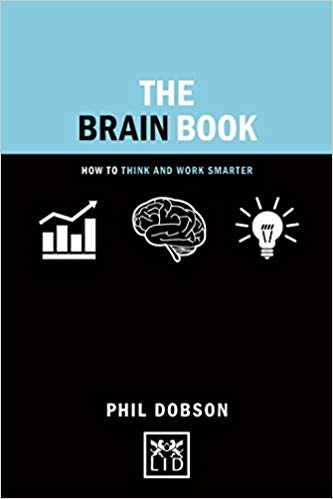 The convergent and divergent activities are straight out of this excellent book by Phil Dobson. It's well worth a read. There is a fantastic activity contained in the book about how to remember a list of 20 random words. |
Have any more answers presented themselves?
A break away from problems like these helps you find solutions. As counterintuitive as it might seem, when you need to find a single solution, sometimes you need to remove yourself from the problem for the answer to present itself. You have ideas in the shower, and make new associations in your sleep, because you stop thinking about the problem.
Free brain training games 5
Answers for the free brain training games
Convergent think activity
Table Head Star Punch Line Beer Glass Silver Jack High
Thanks for visiting our free brain training games page, we hope you enjoyed the activities, here's a link to our homepage You may be interested in reading more about the brain and how to think smarter. Here's a great little book we recommend by Phil Dobson
As well as lots of smaller businesses and organisations, below are examples of some larger organisations who have received training from our director of learning at Ultimate Leadership Training:

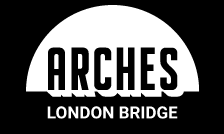





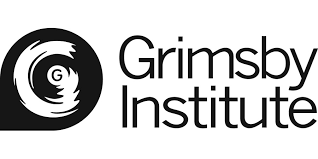
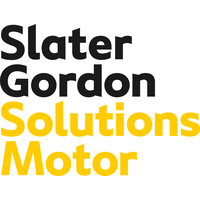















Please contact us to discuss any training requirements you have, we either deliver for you or sell you the course for your trainers to deliver to your team
